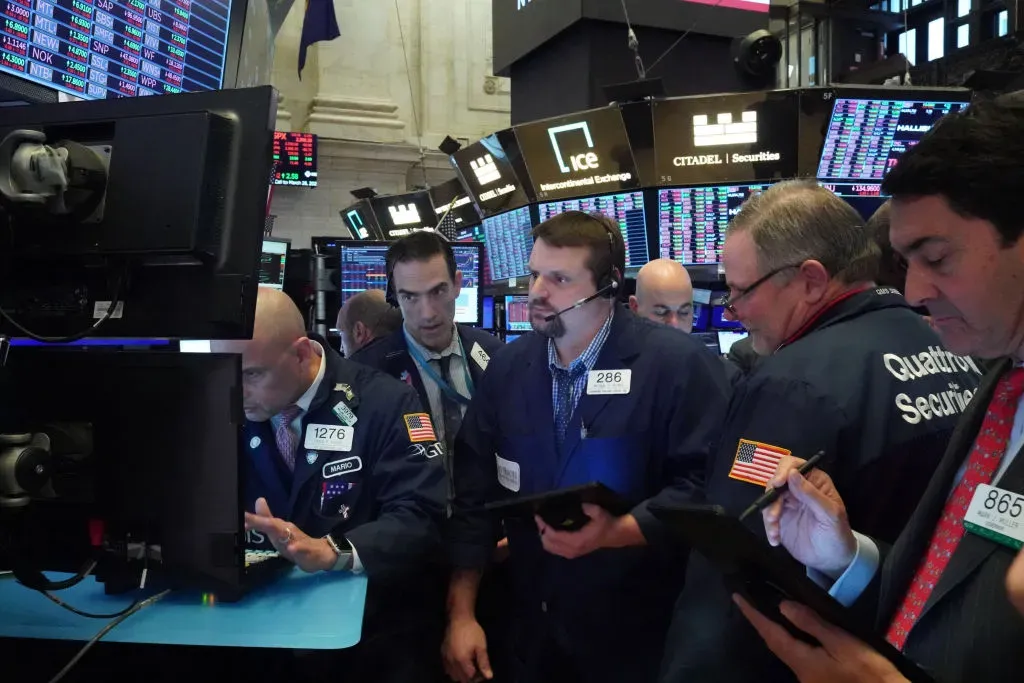
Finance 101 Still Explains (Almost) Everything
Investing feels harder than ever - uncertainty everywhere and no obvious safe haven. But chaos...
The Most Honest Prediction for 2026: Nobody Knows What's Next
The days when leaders could plan years ahead with confidence are over...
How the Stock Market's Rally Can Keep Going in 2026 - and Where to Invest
The economy is looking resilient and there are bargains below the AI surface. Where to invest in...Reach Out
Ready to chat about how we can help you?
Latest News
-
Harbour Trust Newsletter - February 2026
Finance 101 Still Explains (Almost) Everything Investing feels harder than ever - uncertainty everywhere and no obvious safe haven. But chaos...…
Read More
- 1
- 2
Security
As an independent Trust Company we have been granted a charter of operation from the Indiana Department of Financial Institutions...
Our Location
1024 N Karwick Road
Michigan City, Indiana 46360
Business: 219.877.3500
Toll Free: 888.649.8969
Contact Us




